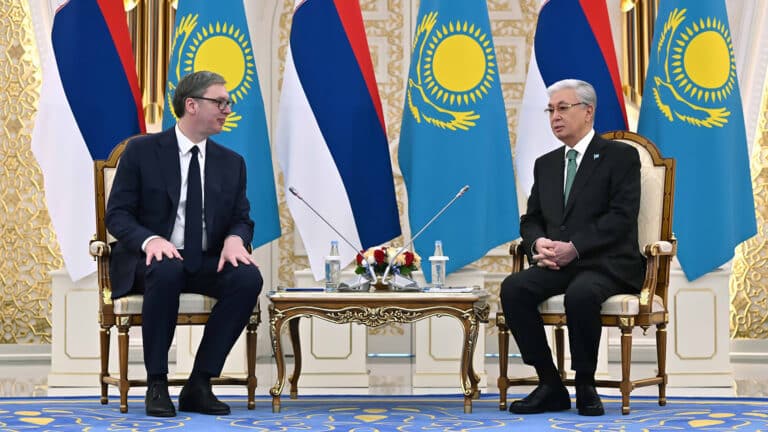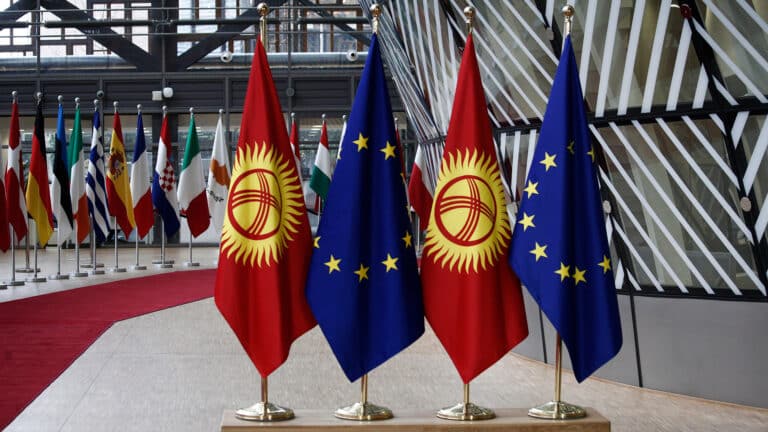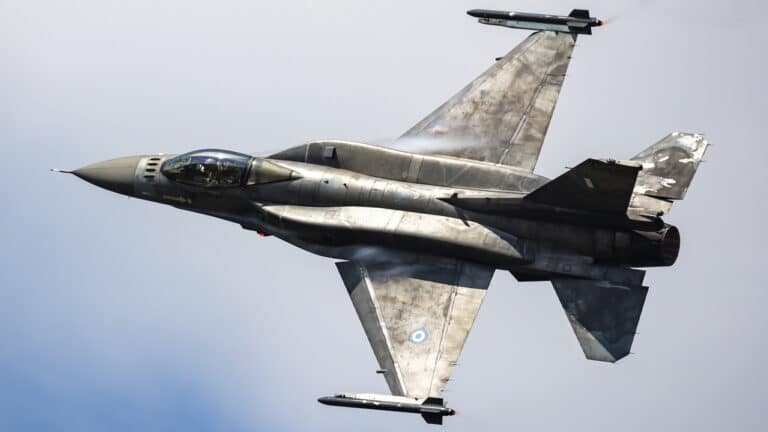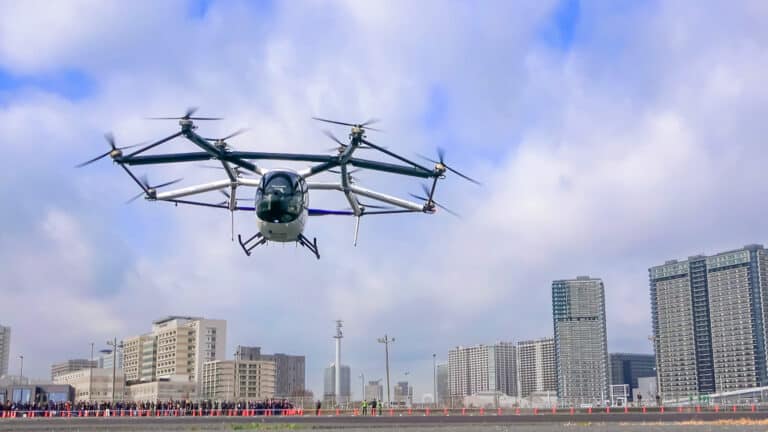Two members of the Eurasian Economic Union (EAEU) – Kazakhstan and Belarus – jointly decided to achieve an adjustment of the participation rules for the Russian public procurement in order to be able to trade with Moscow on their own terms. This is reported by Kommersant.
Minsk and Nur-Sultan are not satisfied with the current EAEU norms. Currently, within the framework of Russian public procurement, suppliers and contractors from the EAEU countries are required to confirm the origin of goods and services according to internal Russian regulations. Most of the discontent is caused by their frequent change, to which foreign suppliers do not have time to react.
The new rules came into effect in Russia in late April. According to those, only domestic suppliers can participate in purchases for state programs and defense needs. In all other cases, participation of foreigners is not allowed if there are at least two Russian manufacturers or contractors available.
The EAEU countries cannot be subject to these restrictions as that would contradict the organization’s charter. However, the authorities of Kazakhstan and Belarus are trying to achieve special terms for their companies. It’s proposed that the country of origin of the goods be determined by the share of local materials used in production or by the added value generated.
If Moscow does not make concessions to Russia’s EAEU partners, then they risk losing access to a significant part of Russian public purchasing, say the experts polled by the publication. Assembly plants, for example, Kazakhstan’s Daewoo Bus, Hyundai Autotrans and KazKioti, may suffer. They might encounter issues with confirming the degree of localization in manufacturing of products, and therefore, with confirming their country of origin.
As we remind you, a pilot project on electronic labeling of dairy products in Kazakhstan is scheduled to launch this September. In March 2019, an agreement came into effect on the labeling of goods with identification means in the EAEU. It had been signed by the heads of governments of the Union countries in Almaty on February 2, 2018.
Under the agreement, the EAEU members can initiate the process of applying electronic tags to any kind of product. E-tags can be read by special devices and allow tracing the product’s path from the manufacturer to the end buyer.
At the same time, Kazakhstan needs to focus on developing trade with neighboring countries. These markets are closest to the republic, and Kazakhstani producers can spend less on delivering their goods there. As it stands, export of Kazakhstani goods decreased in the first half of 2020.
However, it is worth noting that Kazakhstan is ahead of the other Union countries in terms of happiness. According to the annual survey of residents «Quality of life of the population» conducted by the Statistics Committee of Kazakhstan, 63.5% of respondents are satisfied with their lives.












